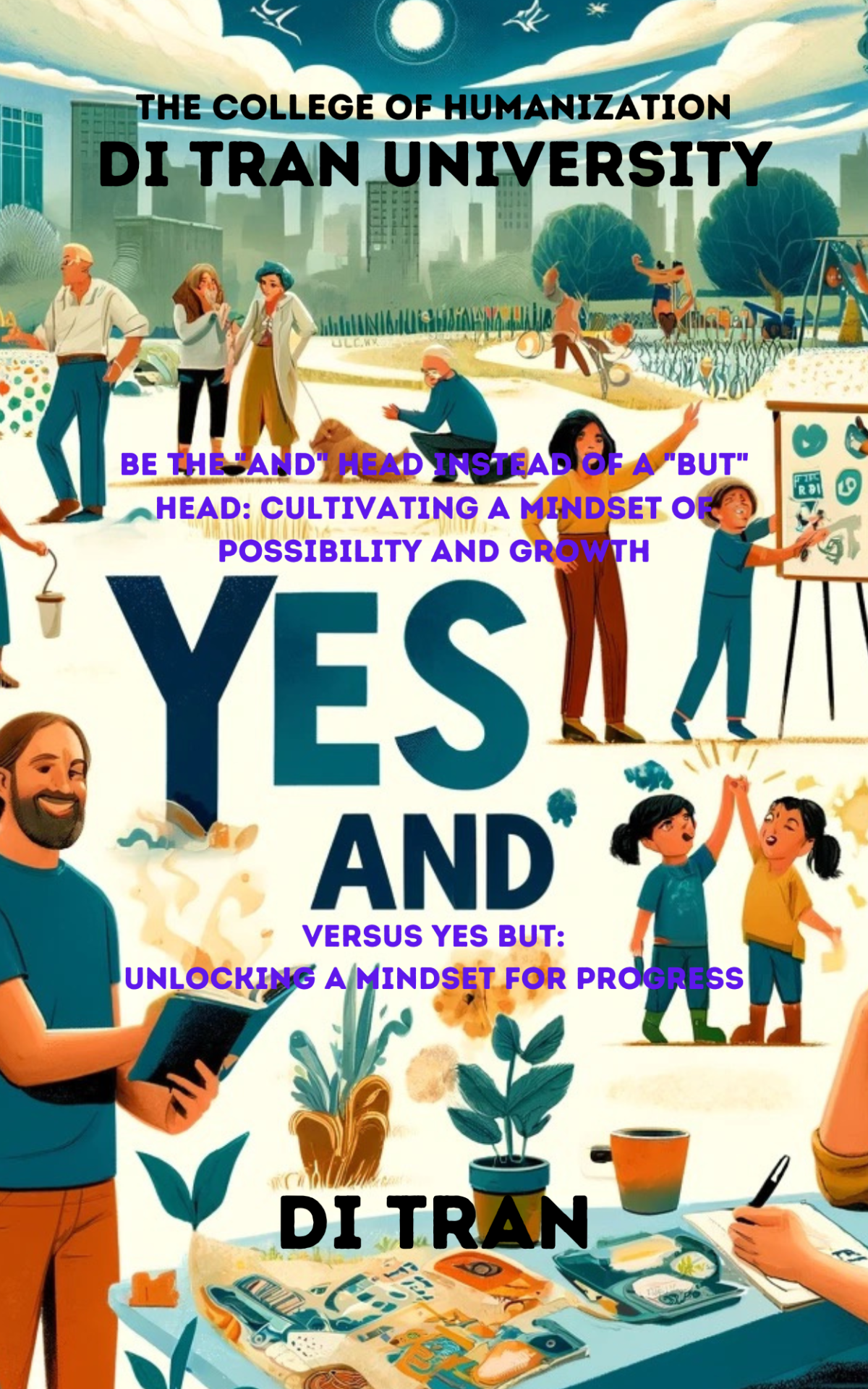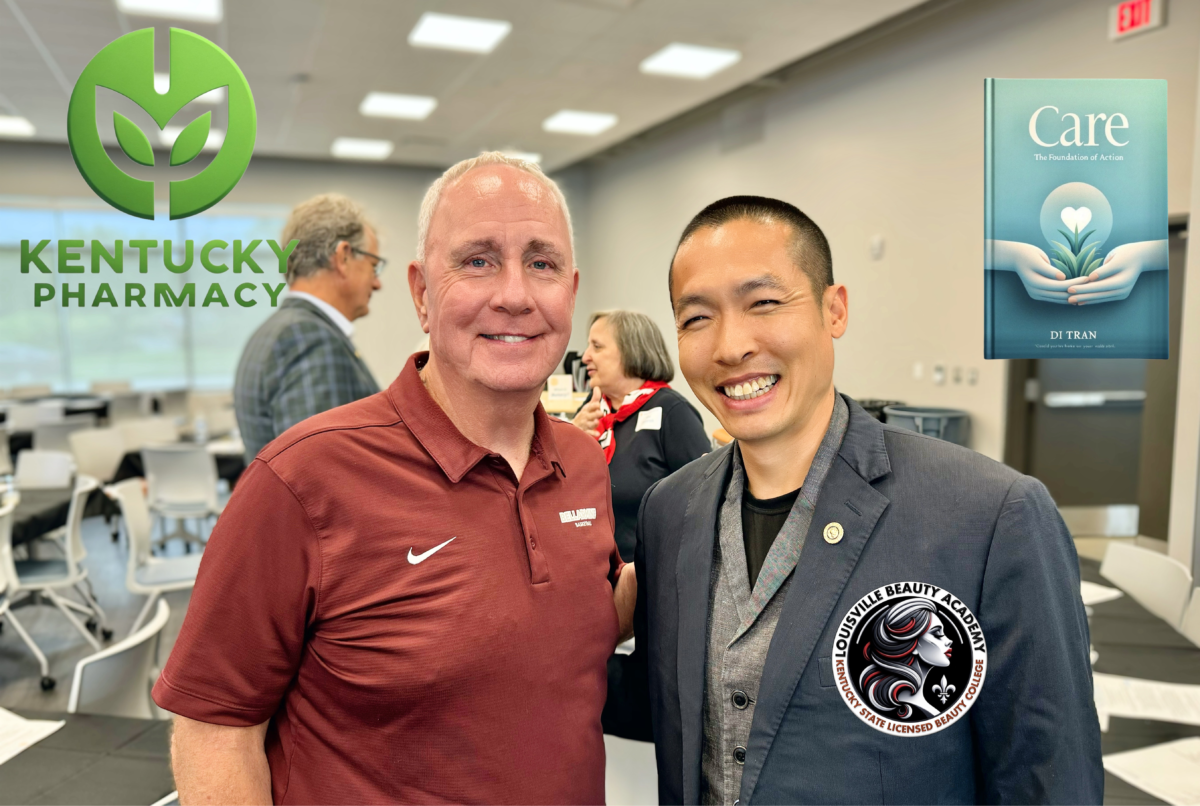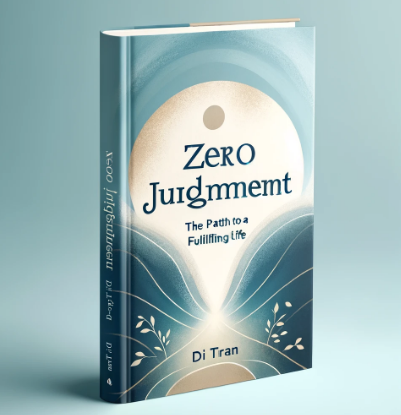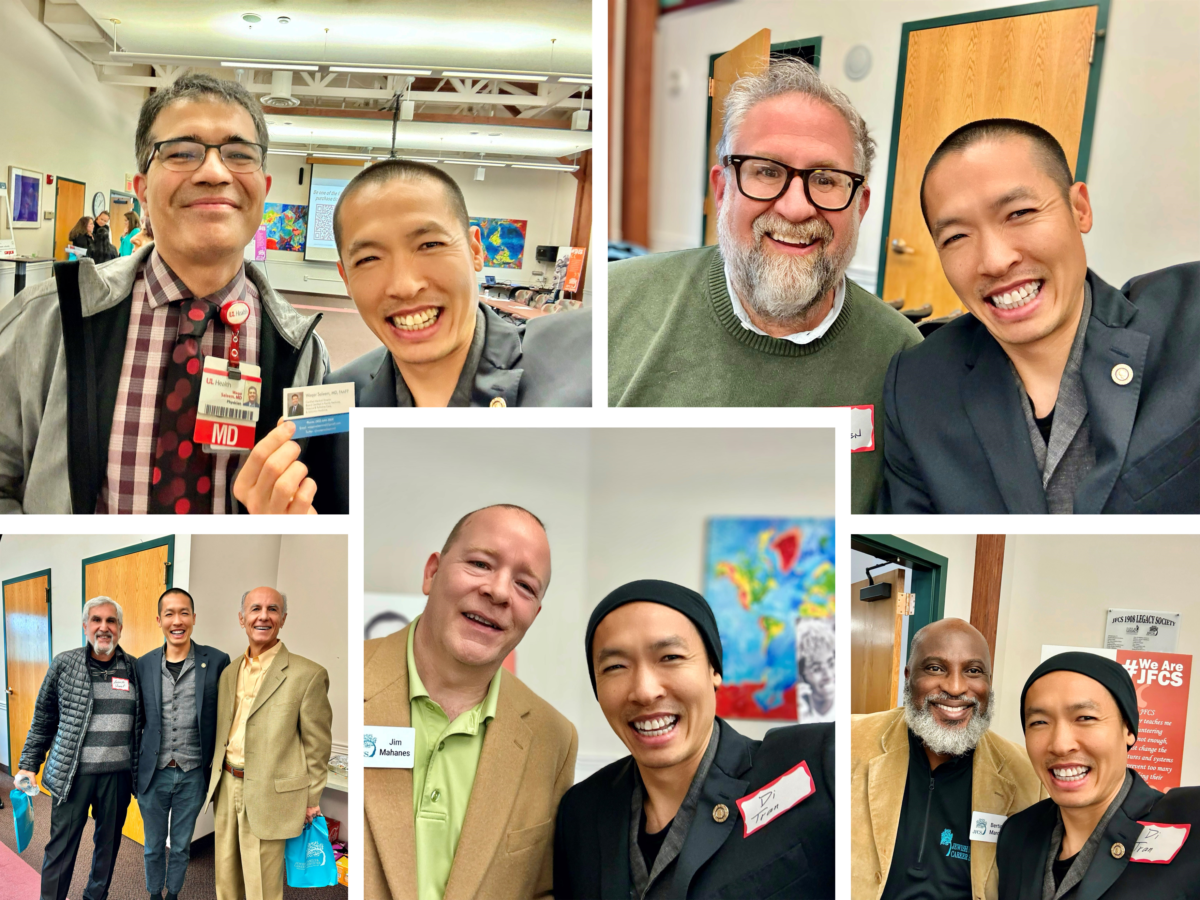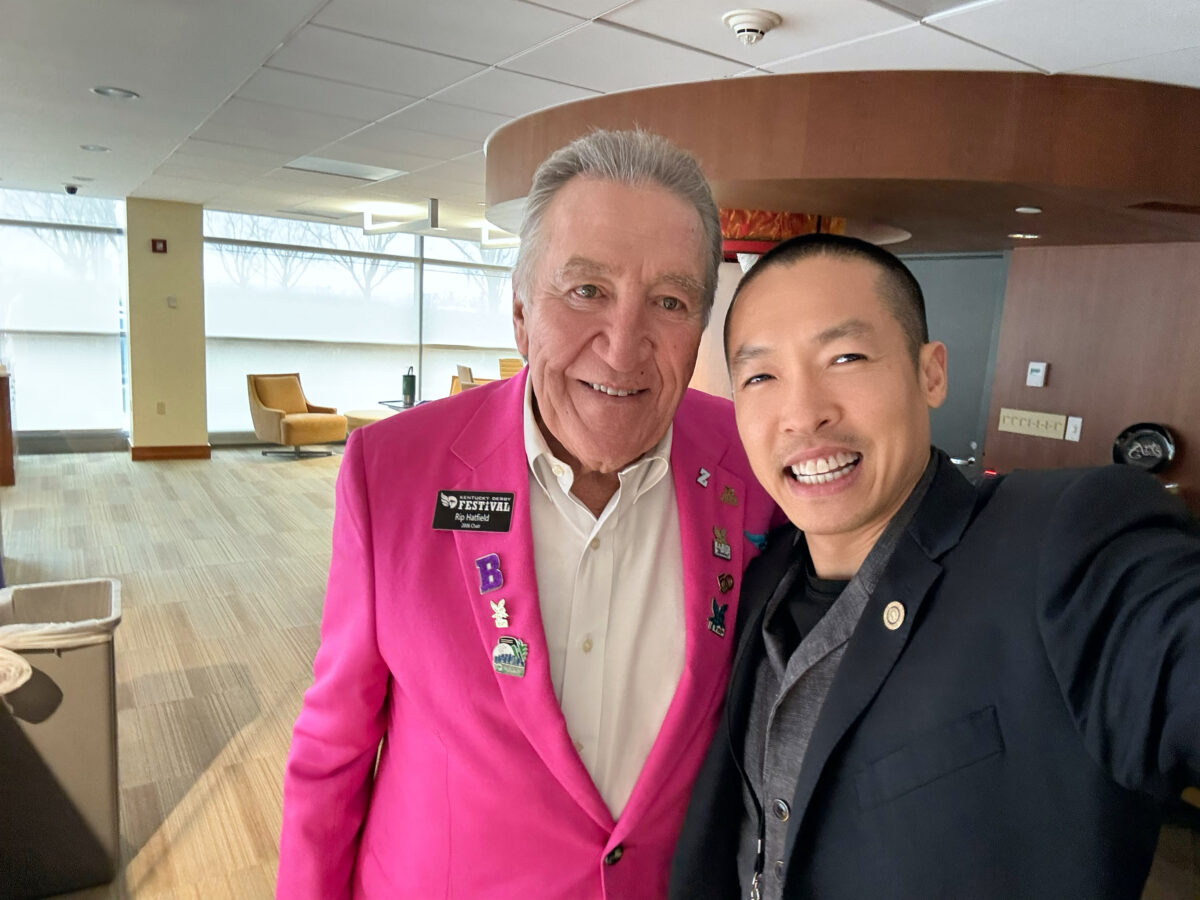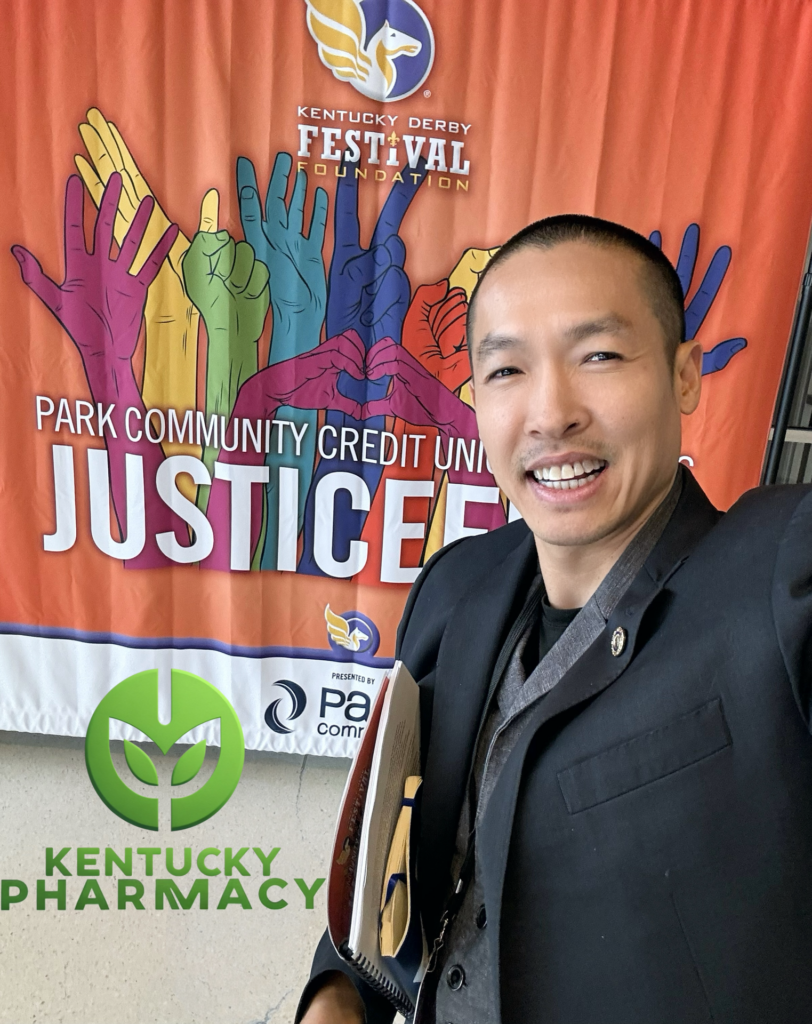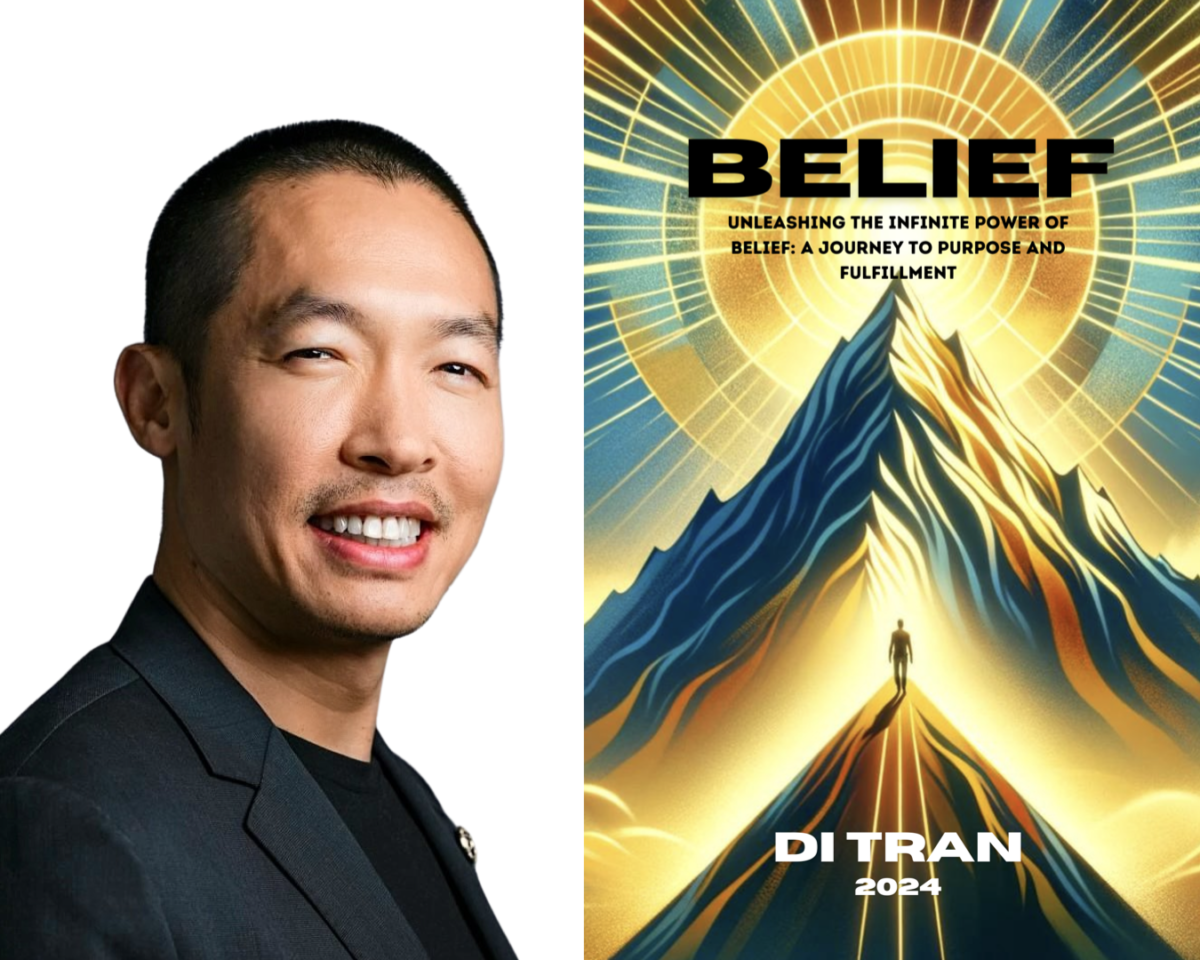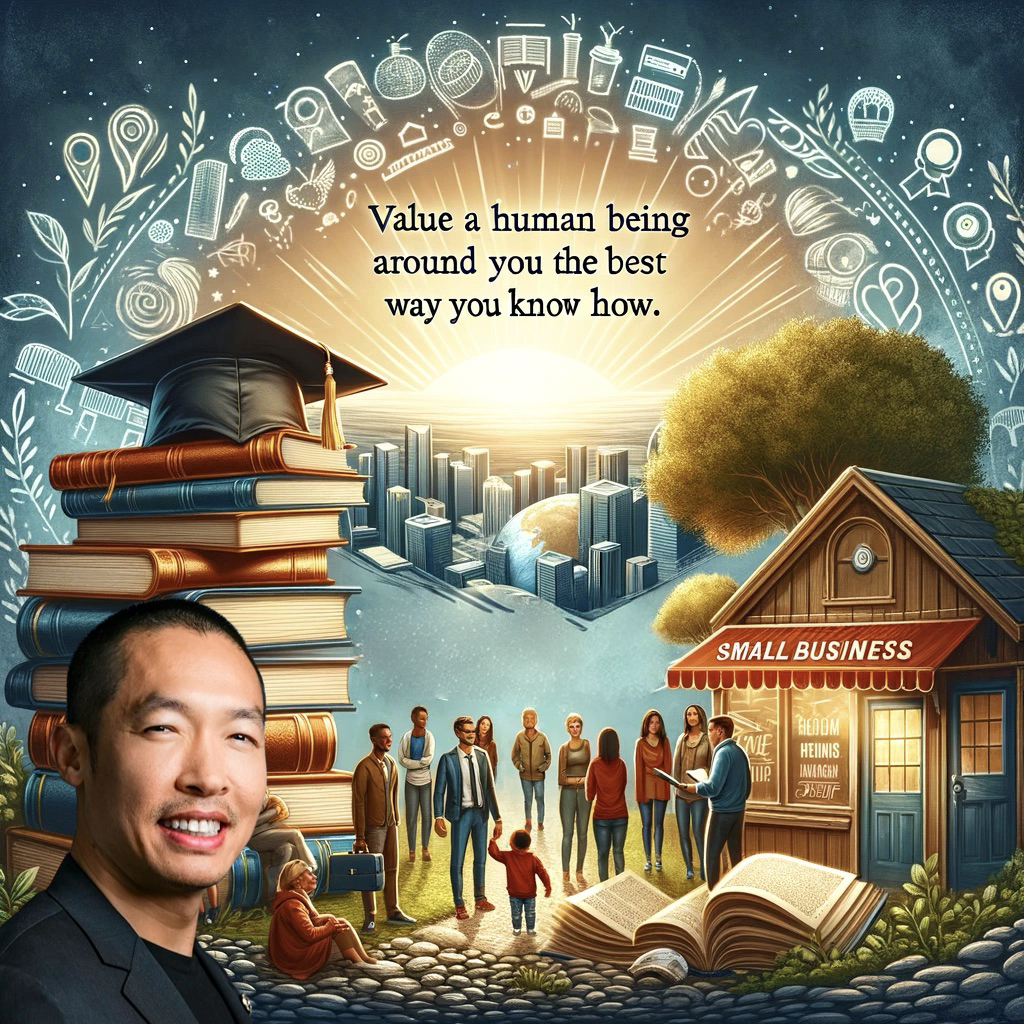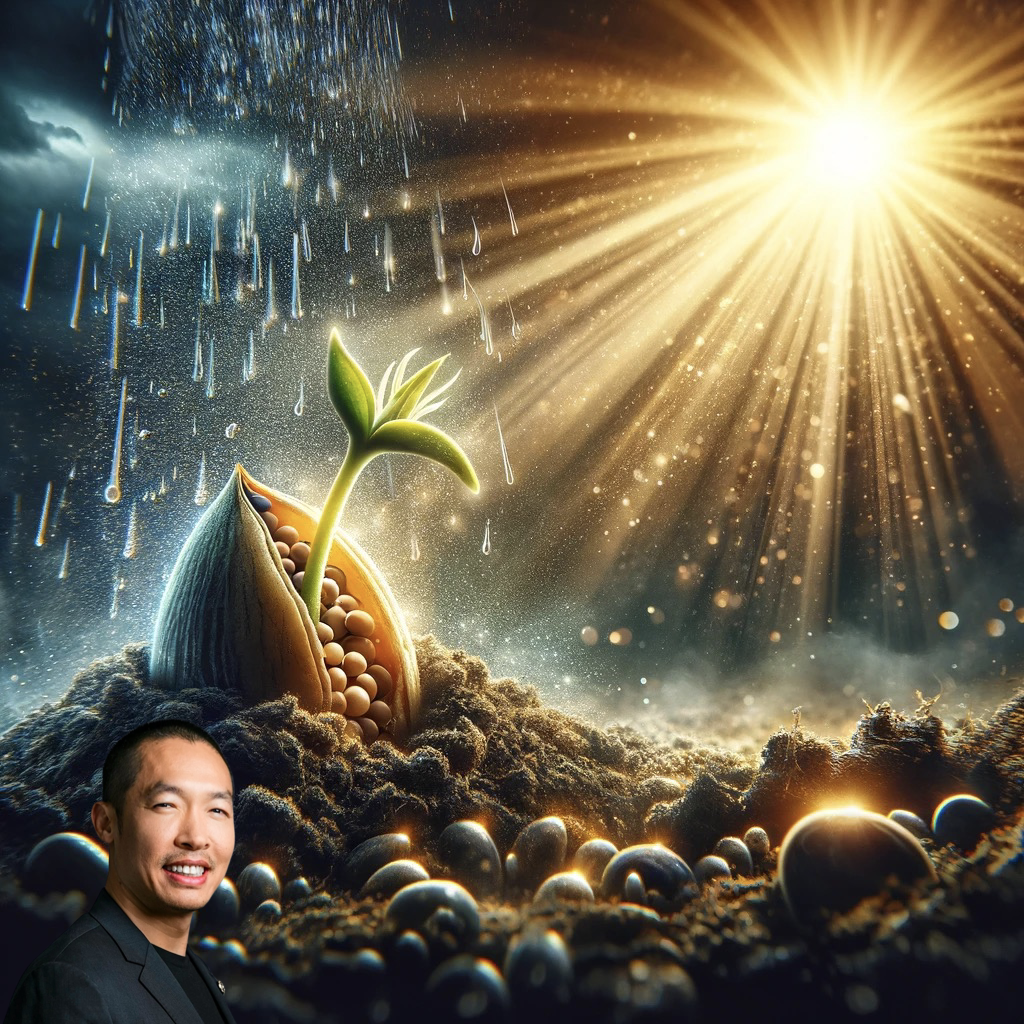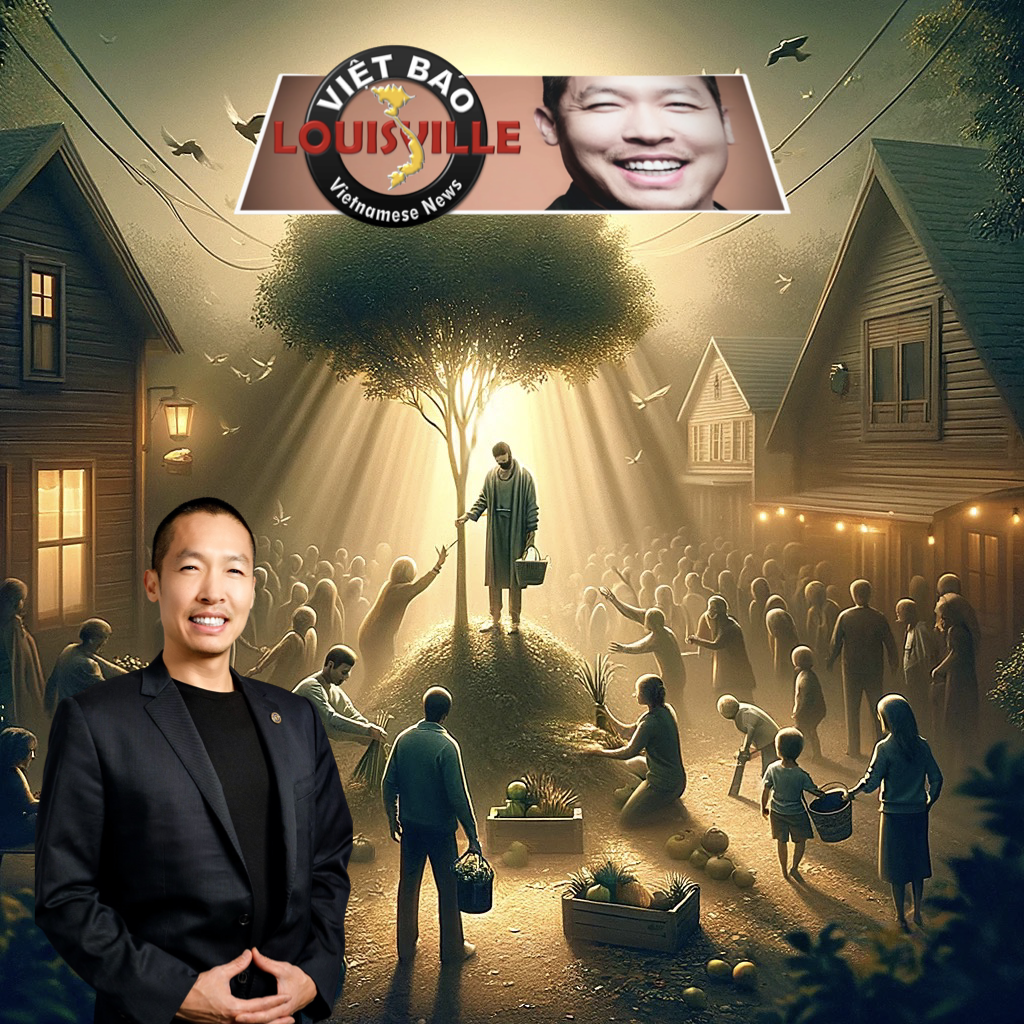Di Tran University: The College of Humanization is proud to announce the release of Di Tran’s latest book, “Yes And vs Yes But: Unlocking a Mindset for Progress.” This insightful work explores the transformative power of a “Yes And” mindset, promoting personal growth, resilience, and collaborative success.
A New Guide to Mental Wellness and Growth
“Yes And vs Yes But” delves into how the words we choose and the mindset we adopt can profoundly impact our lives. Di Tran, a passionate advocate for mental wellness and personal development, provides readers with practical strategies to cultivate a “Yes And” mentality. This approach emphasizes positivity, learning, and proactive action, helping individuals navigate life’s challenges with optimism and creativity.
Key Themes of the Book
- The Power of Action: Discover the importance of taking consistent, proactive steps towards your goals.
- The Power of Growth: Embrace continuous learning and self-improvement.
- The Power of Adaptation: Learn to adapt with flexibility and resilience.
- The Power of Doing and Learning: Understand the value of hands-on experiences and learning from every situation.
- The Power of Constant Trial and Error: Develop a positive approach to experimentation and view mistakes as opportunities.
- The Power of Problem-Solving: Enhance your ability to find creative solutions.
- The Power of Building and Creating: Focus on constructing a meaningful and fulfilling life through intentional actions.
About Di Tran University: The College of Humanization
Di Tran University is dedicated to fostering mental wellness, personal growth, and community engagement. The College of Humanization focuses on holistic education that emphasizes empathy, resilience, and collaborative problem-solving. Through its programs and initiatives, the university aims to equip individuals with the skills and mindset needed to thrive in today’s complex world.
Author and Advocate
Di Tran, the founder of Di Tran University, is a dedicated advocate for mental wellness and personal growth. His latest book is a testament to his commitment to helping individuals unlock their potential and live fulfilling lives. Inspired by his family—his wife Vy Truong and their three sons, Jayden, Skylar, and Dylan—Di Tran’s work reflects a deep passion for creating positive change and promoting a mindset of possibility and growth.
Join the Journey
Di Tran University invites everyone to embark on this enlightening journey with “Yes And vs Yes But: Unlocking a Mindset for Progress.” This book is not just a guide but a call to action to embrace positivity, resilience, and collaboration in our daily lives.
Order your copy today and start your journey towards a brighter, more fulfilling future. Stay connected with Di Tran University: The College of Humanization for upcoming events, workshops, and discussions that continue to promote mental wellness and personal development.
For more information, visit Di Tran University.
Tags: #YesAndMindset #PersonalGrowth #MentalWellness #PositiveThinking #DiTranUniversity #Empowerment #NewBookRelease

